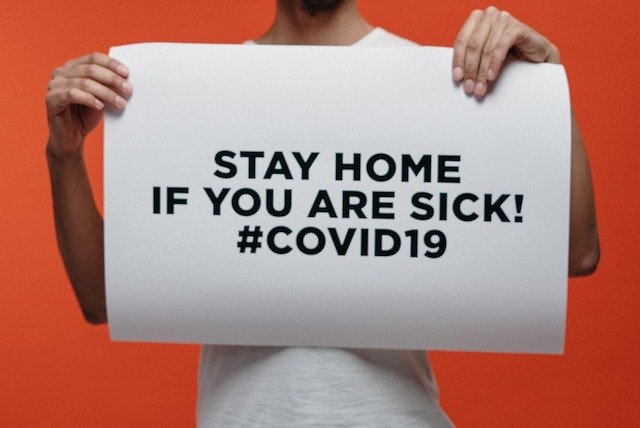
In a new study, researchers found that aggressive intervention such as lockdowns to contain COVID-19 must last for at least 44 days.
The research was conducted by a team at UC Riverside.
The team examined 36 countries and 50 U.S. states. They used two simple, intuitive, and generalizable metrics of the spread of disease: daily growth rate and time to double cumulative cases.
The daily growth rate is the percentage increase in cumulative cases. Time to double, or doubling time, is the number of days for cumulative cases to double at the current growth rate.
Time to double in disease spread is the opposite of half-life in drug metabolism.
Given these two metrics, the researchers defined three measurable benchmarks for analysts and public health managers to target:
Moderation: when growth rate stays below 10% and doubling time stays above seven days.
Control: when growth rate stays below 1% and doubling time stays above 70 days.
Containment: when growth rate remains 0.1% and doubling time stays above 700 days.
Preliminary results using this model to analyze the data suggest that once aggressive interventions are in place, large countries take almost three weeks to see moderation, one month to get control, and 45 days to achieve containment.
With less aggressive intervention, it can take much longer. Important differences exist by the size of the country. Public health administrators should note larger countries take longer to see moderation.
The authors defined aggressive intervention as lockdowns, stay-at-home orders, mass testing, and quarantines.
Their research focuses on the diffusion of innovations, new products, and new technologies.
The same concepts and tools can be applied to analyze the spread of COVID-19 and the effects of measures to stop it.
The researchers say their analysis bolsters the case for adopting aggressive measures, whether it’s the aggressive lockdowns of Italy or California, massive testing and quarantine of South Korea or Singapore, or a combination of both as seen in China.
However, the U.S. may have a unique challenge because of its federal constitution.
The team says only half of the states have adopted aggressive intervention and that at varying times.
Should these states achieve control or containment, they may be vulnerable to contagion from states that were late to do so.
One author of the study is Professor Gerard Tellis of USC Marshall School of Business.
The study is published in SSRN Electronic Journal.
Copyright © 2020 Knowridge Science Report. All rights reserved.



